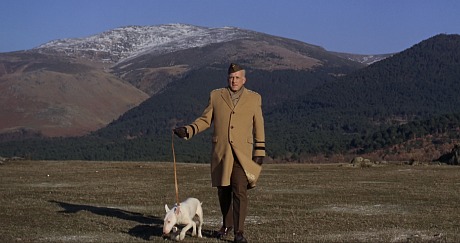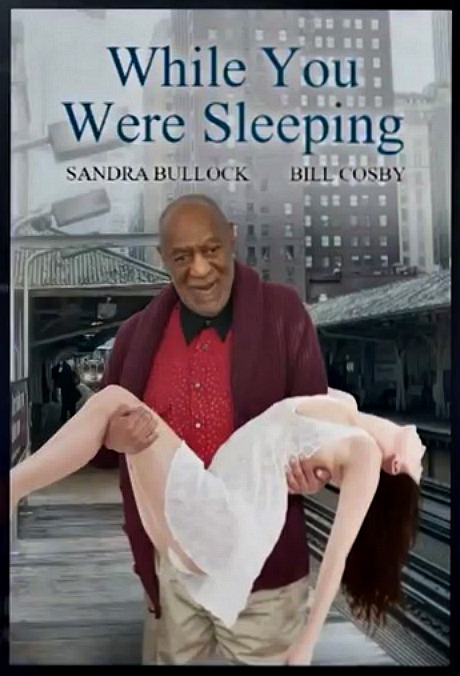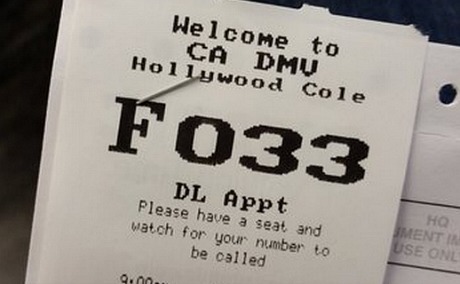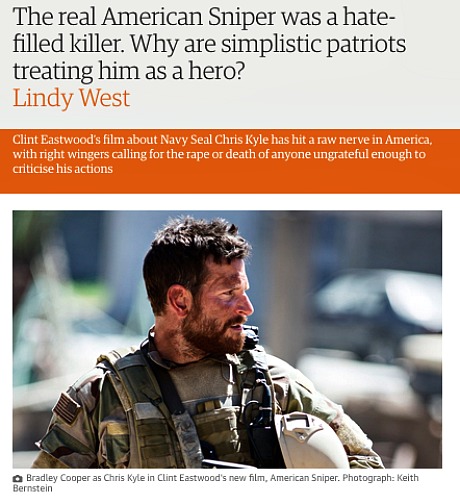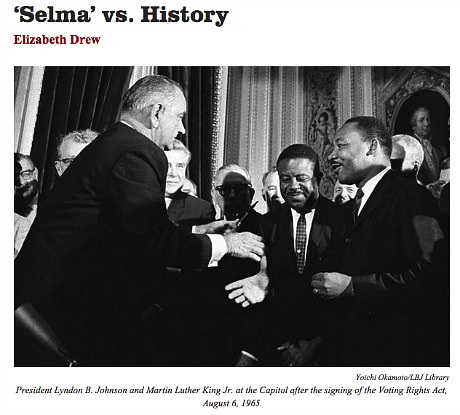By the late spring of 1969, Gene Hackman was in a pretty good spot. He had recently delivered strong supporting performances as a tough Olympic ski coach in Downhill Racer, as an astronaut in Marooned and as a sky-diving barnstormer in The Gypsy Moths. Perhaps Hackman didn’t seem fated for stardom but he was certainly looking at steady employment as a character actor. And yet he “nearly accepted the role of Mike Brady for the upcoming TV series, The Brady Bunch,” it says in his Wiki bio, “but was advised by his agent to decline in exchange for a more promising role, which he did.” Good God…can you imagine? Correction #1: the Patton line that Hackman quoted in his 2003 Golden Globes speech actually reads as follows: “I love it…God help me, I do love it so.” Correction #2: James Cagney‘s final line in White Heat is “Made it, ma! Top of the world!

